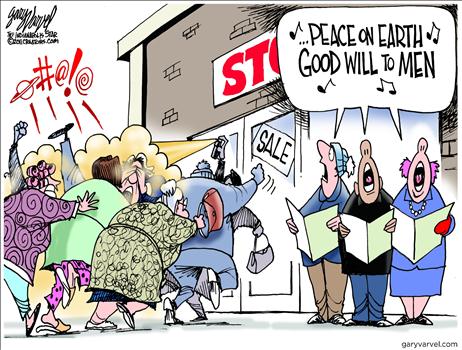The contrasting viewpoints of Creon and his son Haemon show how different they are. Creon wants to condemn Antigone to die for what she has done. He sees Antigone as an embodiment of anarchy. Creon refers to anarchy as a she, connecting it to Antigone and all womankind. “She destroys cities, rips up houses, breaks the ranks of spearmen” so the men must defend those citizens who “live by law.” (753-754) Creon is more concerned with his image and not being labeled as a liar to consider the other side of the argument. As the famous cliché goes… it’s my way or the highway.
Haemon believes that “someone else
might have a good suggestion” about Antigone’s situation. (769) The people believe Antigone is noble and “mourns
for this young girl.” (776) Haemon
implores his father to not be “single-minded” or “self-involved” and not to “assume
the world is wrong and [he is] right.” (789-790) Haemon is level-headed and looks at every aspect
of a situation as well as the consequences. Creon sees his way as the only way to go, so
he still plans Antigone’s death. These
different ideas provide us with a foil to compare the father and son. If Creon kills Antigone there will most
likely be unrest and this creates the anarchy he fears. Creon seems to how a small god complex
because he believes his word should be followed while Antigone argues the gods
govern. We can see the beginning of a
change in ideals. Antigone and Haemon show
the shift in principles and Creon is a model for the old standards.




